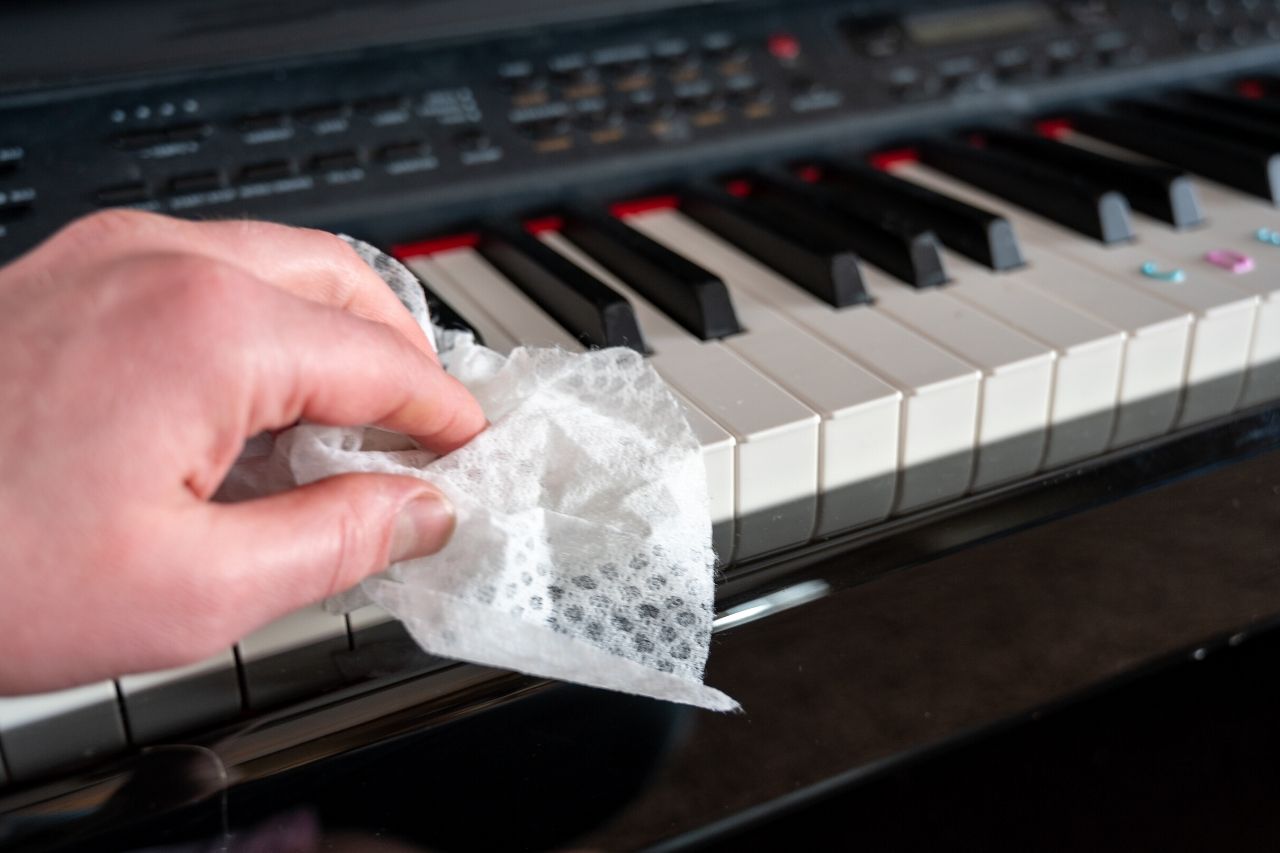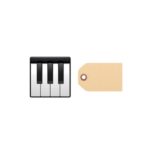Pianos are beautiful, strategically crafted instruments that leave us captivated by their harmonious sounds and enchanting musical capabilities. However, these wonderful devices can’t produce the sounds they do if they aren’t well-kept. In order for them to continue looking and performing well, their owners must practice the proper level of care and diligence. Therefore, if you wish to keep your own instrument sounding just as lovely as the day you bought it, make sure you know how to take care of your piano.
Store It In a Controlled Environment
Pianos are traditionally crafted from the finest maple or spruce wood fibers found in nature. These materials not only make the instrument look gorgeous in your home, but they also are partially responsible for quality sound production. As such, keeping these surfaces in good condition is key to your piano’s overall performance. Unfortunately, as strong and durable as wood is, it’s incredibly susceptible to the moisture in the air and the surrounding temperature. In fact, extreme fluctuations in either can cause the materials to expand, contract, and break as a result. Because of this, you should place this instrument in a room with low humidity levels and a regulated temperature.
Keep Up With Cleaning and Maintenance
Taking proper care of your piano also involves keeping up with its required cleaning and maintenance schedules. Cleaning should occur once a month if your instrument receives heavy use, and your piano should undergo standard maintenance every few months. When cleaning, gently dust the piano with a dry, soft cloth while giving extra attention to the strings and adjustment pins. To remove any grease stains or fingerprint smudges, a slightly dampened soft cloth works well on both the keys and body of the instrument. On the other hand, maintenance should consist of replacing any faulty parts or readjusting components that may have loosened with time. The need for piano maintenance may vary depending on the model you have and its age.
Get It Tuned Regularly
Finally, no piano can be at its best without getting properly tuned on a regular basis. As the strings stretch with use, they can change in tone and create entirely different sounds than what’s expected. This makes it impossible to play a piece to its fullest potential. For this reason, it’s recommended that you get your piano tuned by a quality piano tuning service at least twice a year. Doing so keeps the instrument’s sound from changing too drastically and hindering its presentation. You can also talk with your tuner about certain techniques for keeping your piano in tune and how they would best go about maintaining its condition.






